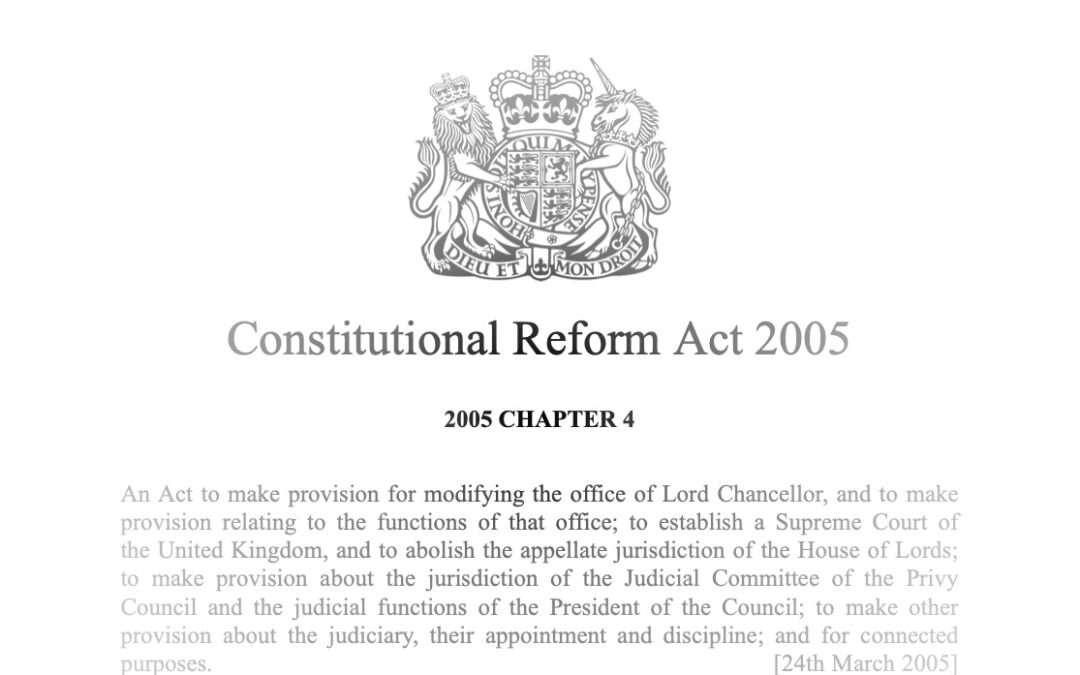
12 Feb 2024 | Publications
This new paper for Policy Exchange considers clause 5 of the Safety of Rwanda Bill, which authorises Ministers to decide whether or not the UK will comply with a Rule 39 interim measure made by a judge of the Strasbourg Court. The paper considers amendments to clause...

29 Jan 2024 | Publications
How Mauritius has attemted to criminalise UK sovereignty over the Chagos Islands In 2021, Mauritius enacted a law which criminalises “misrepresenting the sovereignty of Mauritius over any part of its territory”, part of its long-running campaign against Britain’s...

10 Jan 2024 | Publications
Upholding Standards; Unsettling Conventions argues that proposals for a statutory role for the Independent Adviser on Ministers’ Interests and putting the Ministerial Code on a legal footing would give rise to serious constitutional questions and carry substantial...
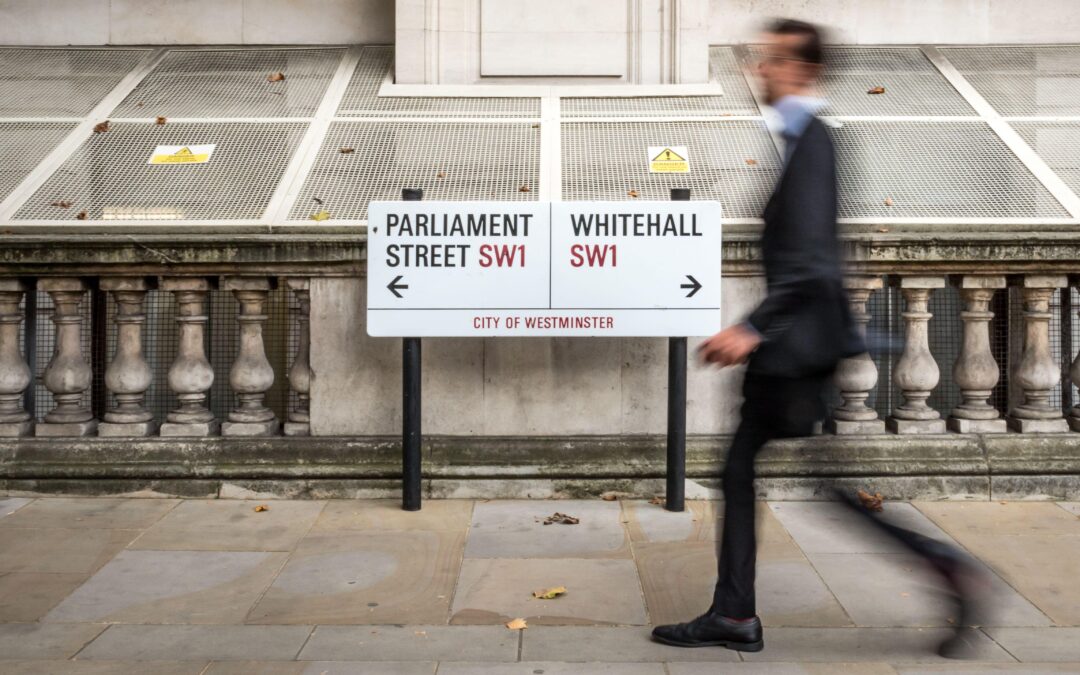
6 Dec 2023 | Publications
A new research note published by Policy Exchange today argues that there is no constitutional or legal basis for any Government lawyer, even the Attorney General, to refuse to approve the introduction of legislation to Parliament seeking to change domestic law – ...

27 Oct 2023 | Publications
This paper makes the urgent case for the Government not to cede control of the Chagos Islands. In November 2022, the Foreign Secretary announced that the UK was entering into negotiations with Mauritius about the exercise of sovereignty over the British Indian...

16 Oct 2023 | Publications
What do we want from the King’s Speech?’ sets out an ambitious programme of 14 new laws that the Government should announce in the King’s Speech – for what will be the last Parliamentary Session before the general election. Proposals put forward by Policy Exchange...
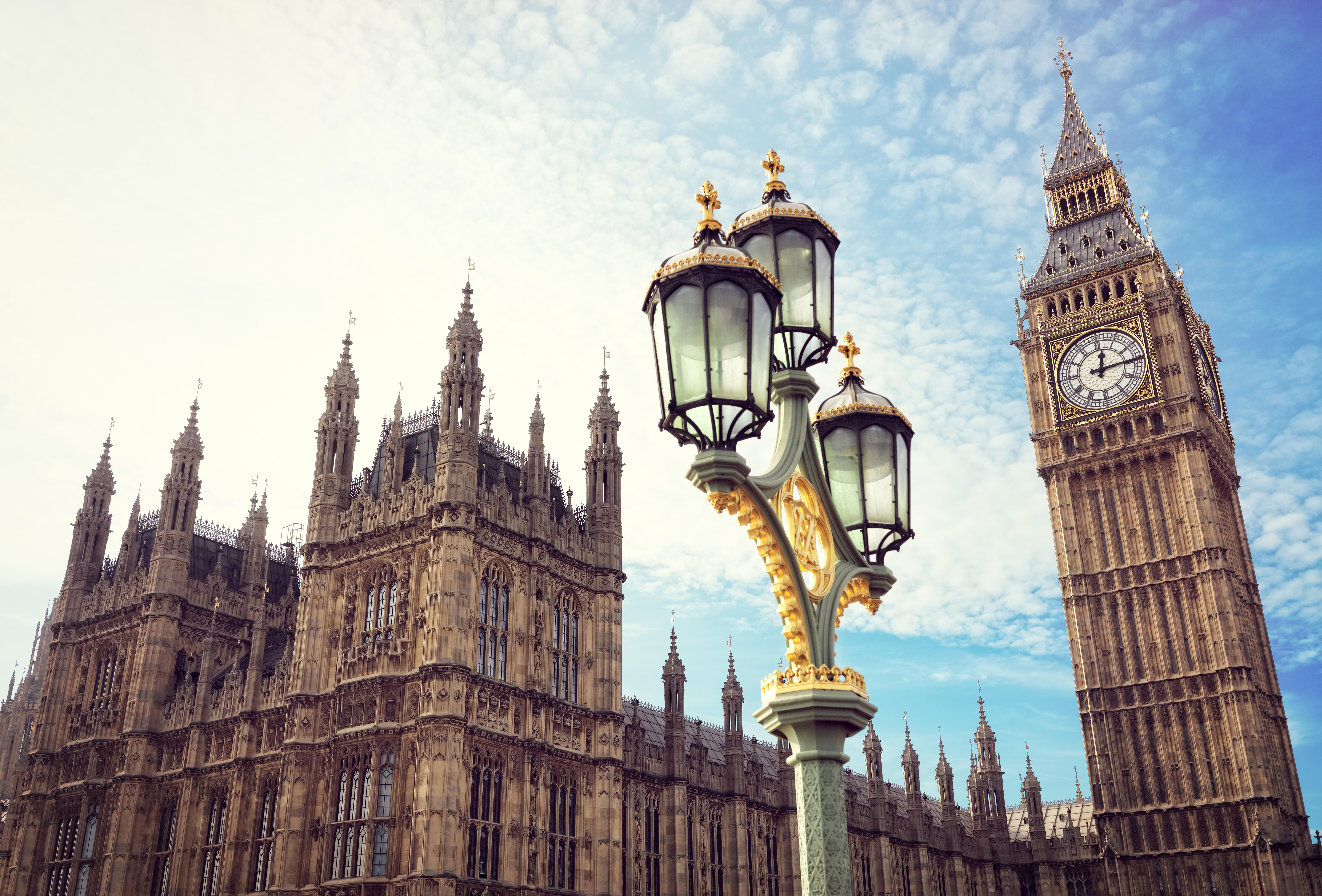
23 Jun 2023 | Publications
In 2020, the Supreme Court allowed Gerry Adams’s appeal against his conviction, in 1975, for attempting to escape from lawful custody. The judgment was a bad mistake and opened the door for Gerry Adams and others wrongly to sue for compensation for their detention. ...

9 Jun 2023 | Publications
This report considers the legal status of “interim measures” that are indicated by (a single judge of) the European Court of Human Rights under Rule 39 of the Rules of Court. Many lawyers and jurists argue that failure to comply with a Rule 39 measure would...

22 Mar 2023 | Publications
The events of recent years have brought into sharp focus the relationship between government and Parliament, with many jurists lamenting the former’s dominance of the latter. The balance of powers within the political constitution is a matter of the highest...

12 Mar 2023 | Publications
A new report by Policy Exchange slams the ‘flawed’ Parliamentary debate on assisted dying and urges Parliament to show caution and restraint in this matter. Written by Professor John Keown, one of the world’s leading ethicists, the report warns that the law in Canada...

11 Feb 2023 | Publications
New legislation is needed to give effect to a policy that persons who arrive (or attempt to arrive) in the UK unlawfully on a small boat will be removed from the UK and will never be allowed to settle here. There is a strong risk that legislation will be proposed...

26 Jan 2023 | Publications
The Public Order Bill is an important opportunity to reform the law relating to protest and thus to restore public order to our streets. The Bill as introduced created several new offences which were likely to prove unworkable because they had a “reasonable excuse”...
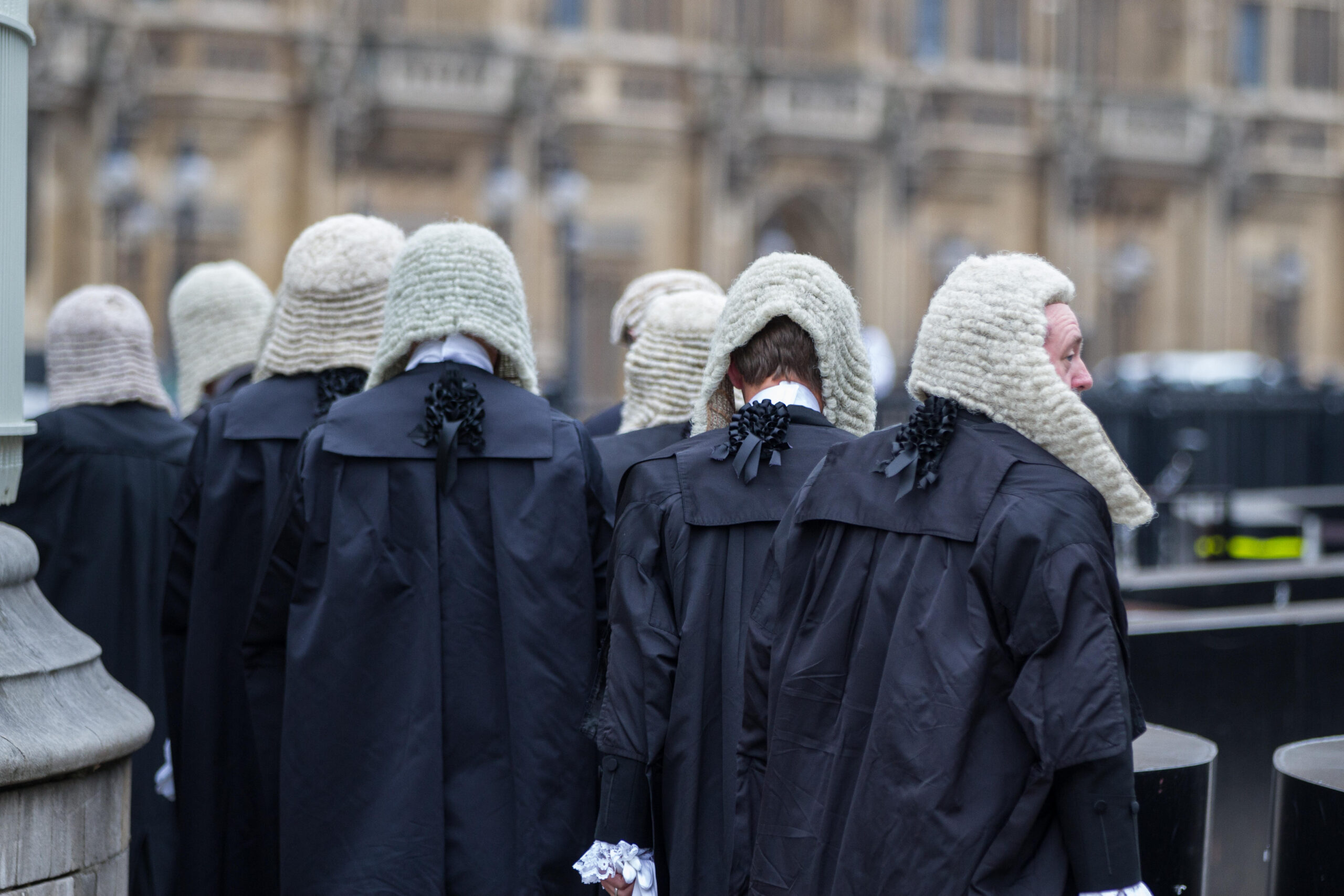
17 Jan 2023 | Publications
This report considers the constitutional role of the Law Officers and defends the institutional status quo. The current configuration of the Attorney General (and Solicitor General), as a law officer with legal and political dimensions, works well. Moving to an...
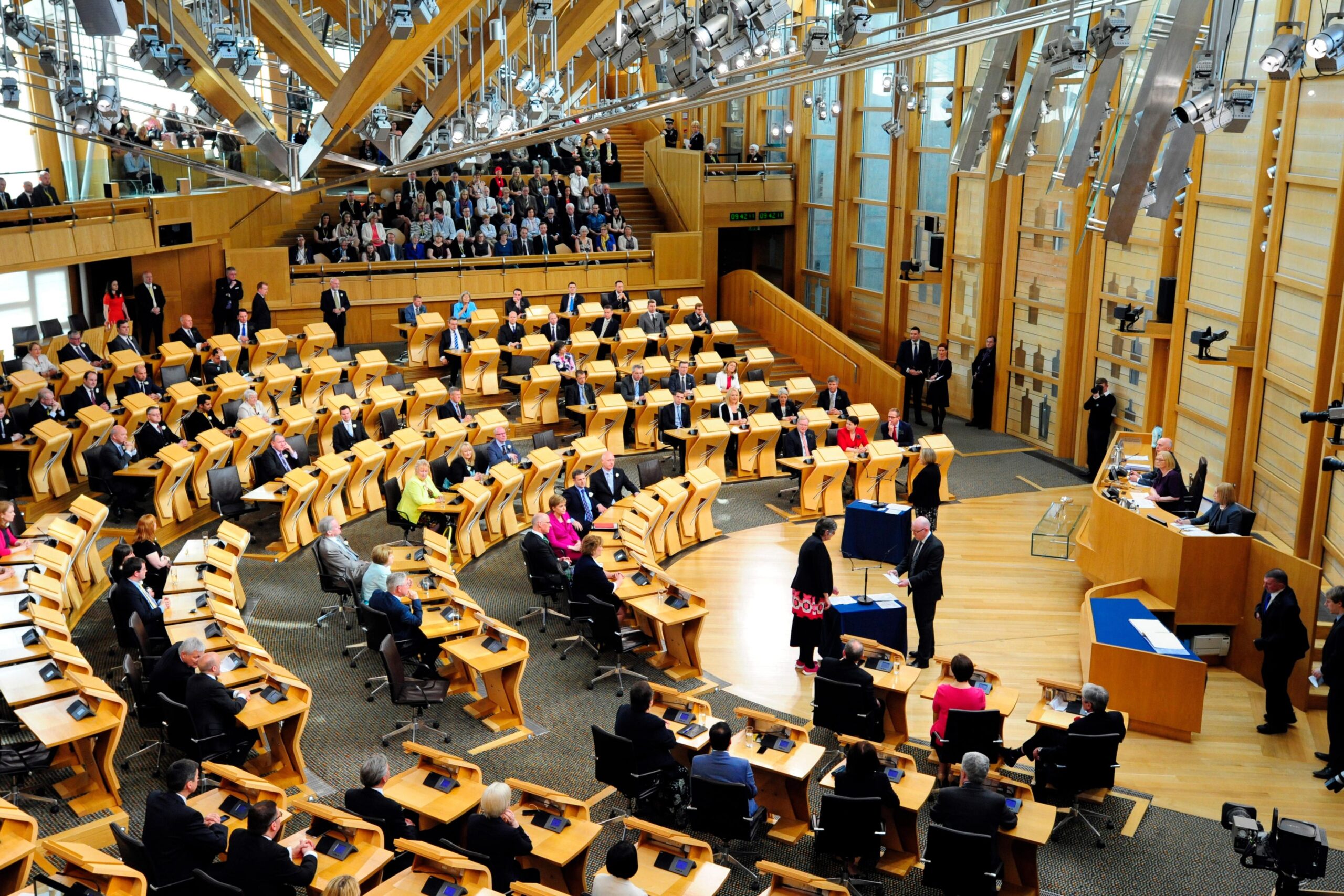
12 Jan 2023 | Publications, Uncategorized
This report demonstrates that the Scottish National Party’s (SNP) Gender Recognition Reform Bill, which aims to change the law regulating legal sex change for those born or resident in Scotland, will fundamentally alter the law relating to equal opportunities across...

7 Dec 2022 | Publications
The government’s Rwanda plan has been roundly denounced by the leaders of the main Christian churches in Britain. Notably, the Archbishop of Canterbury devoted his Easter sermon to the subject and the Lords Spiritual have jointly attacked the Rwanda plan in the...
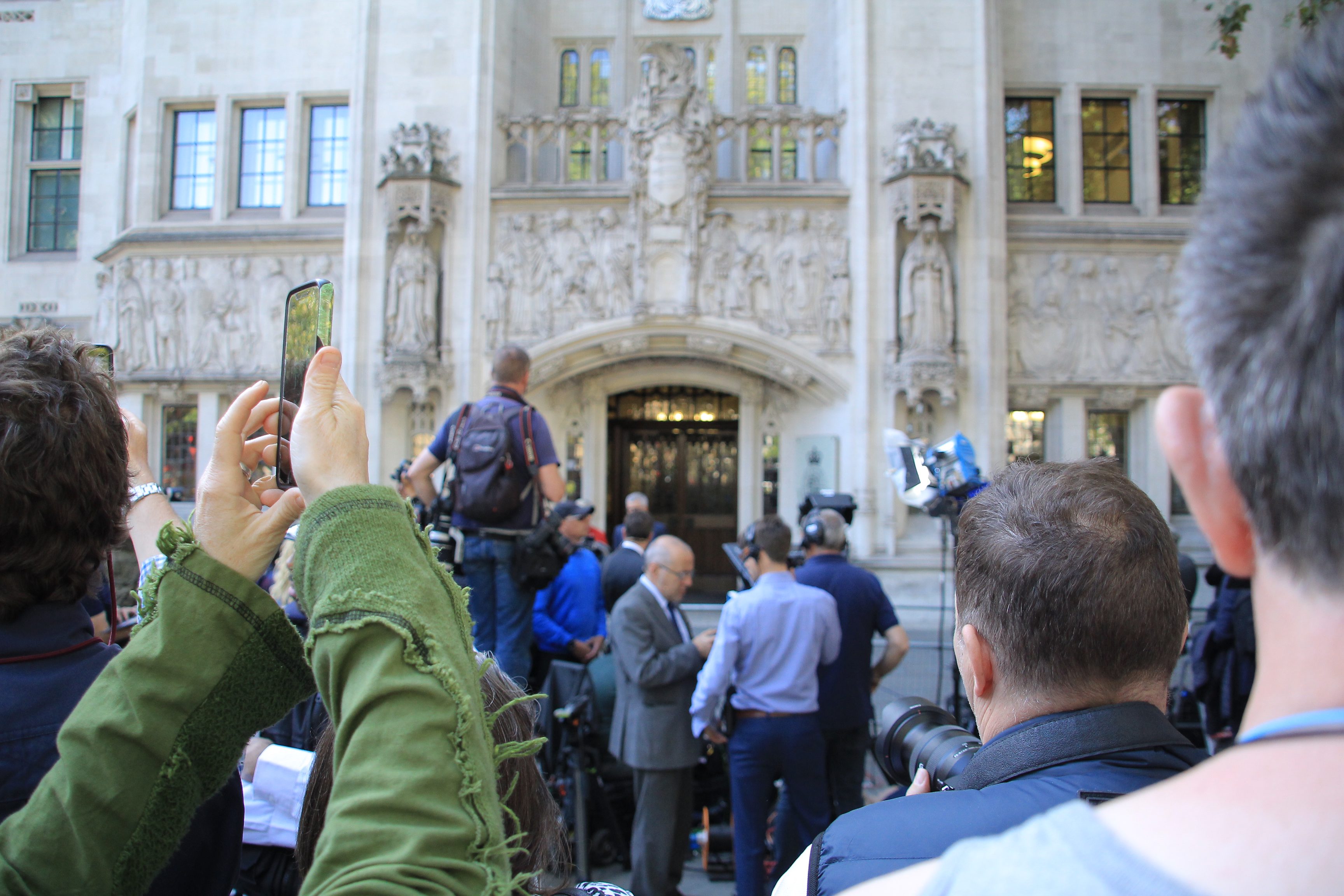
7 Dec 2022 | Publications
In a new paper for Policy Exchange’s Judicial Power Project, Anthony Speaight KC argues for reform of the judicial practice of permitting pressure groups to intervene in litigation. The paper, which is welcomed by Lord Wolfson of Tredegar KC, recommends legislation...

13 Oct 2022 | Publications
The Levelling-up and Regeneration Bill is to be considered again by the Public Bill Committee on 13 October 2022. One of the few clauses of the Bill yet to be considered is clause 187, which replaces provisions of the Vagrancy Act 1824 about begging and rough...

10 Oct 2022 | Publications
A programme of constitutional reform Parliament and Government have a responsibility to maintain the balance of powers within our constitution. The Government should adopt a programme of constitutional reform that will restate and buttress the traditional limits on...
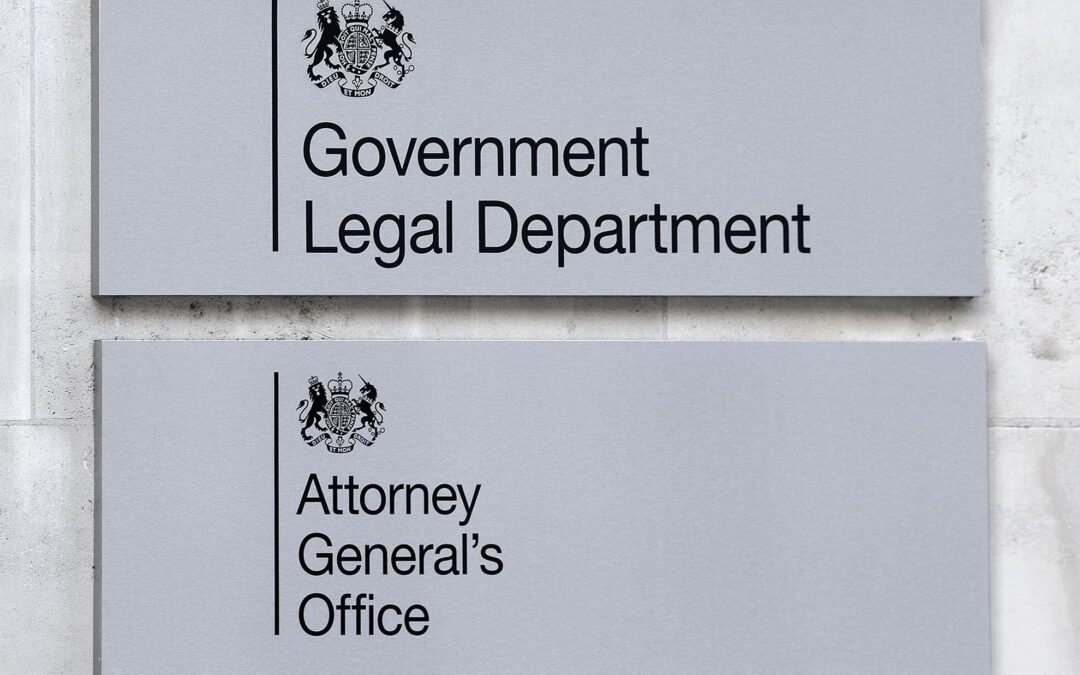
12 Jan 2022 | Publications
The Attorney General and the Law/Politics Divide This paper defends the legitimacy of the Attorney General’s decision to offer public remarks on judicial review and rejects the characterisation that they pushed impermissibly at the boundaries of her office. The paper...

6 Jan 2022 | Posts
A Right to Sex? In a widely read piece in the London Review of Books, and more expansively in a new book, Amia Srinivasan explored whether there is a “right to sex”. The issue, as her discussion shows, is predictably complicated and politically charged. But it is...

26 Oct 2021 | Publications
The Lord Chancellor introduced the Judicial Review and Courts Bill to Parliament on 21st July this year. This paper, which draws on submissions to the Independent Review of Administrative Law and the Government Consultation on Judicial Review Reform, sets out a number...

22 Oct 2021 | Posts
Introduction The publication of Lady Hale’s memoirs is likely to prompt an assessment of her undeniably impressive judicial career. Given its title, Spider Woman: A Life, attention may focus on what Lady Hale has to say about her role in the Supreme Court...
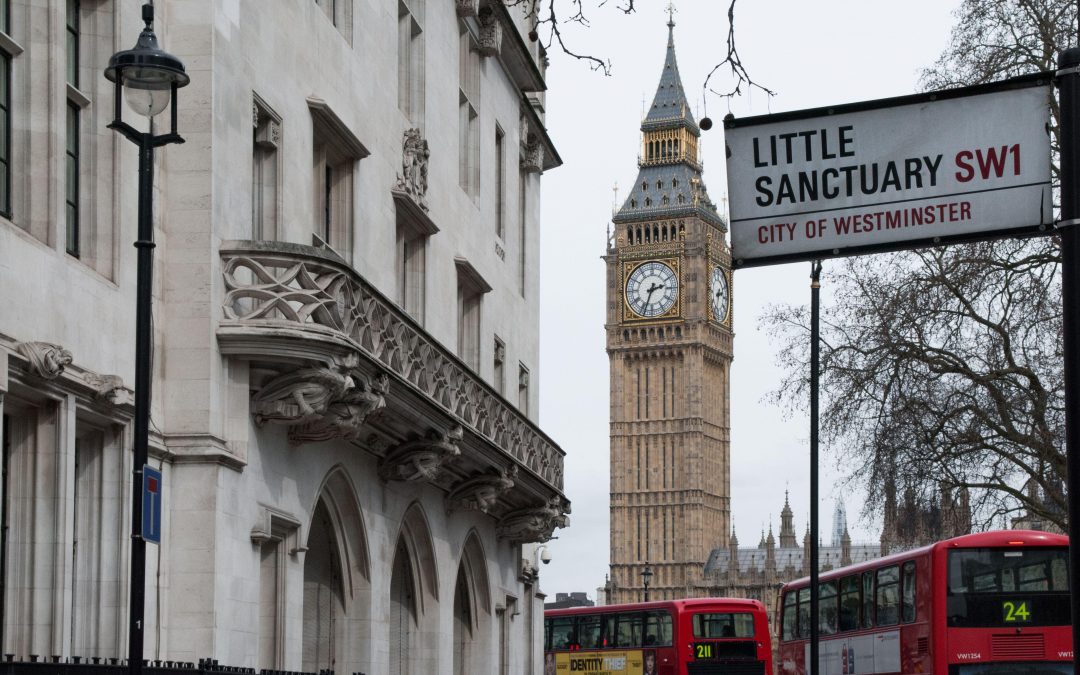
12 Mar 2021 | Publications
The Independent Review of Administrative Law has been established because of a breakdown of trust between the political institutions of the constitution, namely Parliament and Her Majesty’s Government, on the hand, and the judiciary on the other. This is a serious...

3 Mar 2021 | Posts
In allowing the Home Secretary’s appeal in the Begum case, the Supreme Court has corrected a misconceived Court of Appeal judgment, which had put national security in doubt and undermined the law Parliament made. The Supreme Court’s judgment is a powerful and...
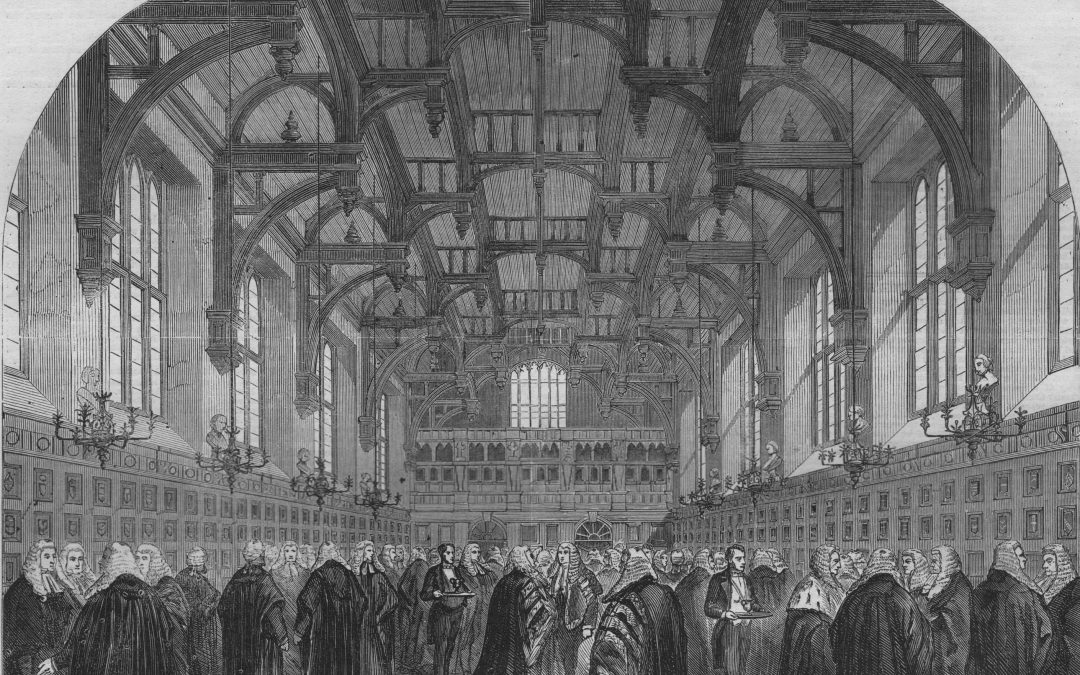
9 Feb 2021 | Publications
The system for appointing senior judges needs to be reformed. In this paper, we explain what has gone wrong and what should now be done to put it right. We take senior appointments to include the High Court, the Court of Appeal, leadership roles such as the Lord Chief...
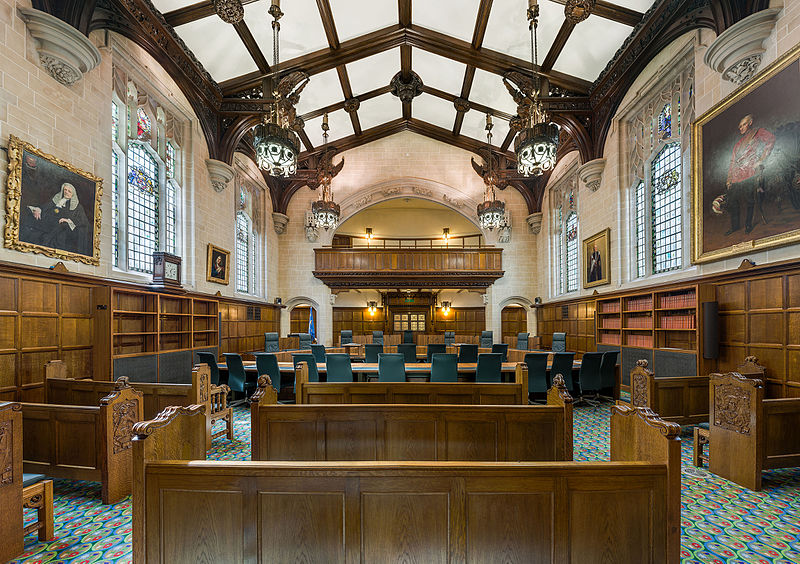
24 Jan 2021 | Publications, Supreme Court Reform
In the wake of our August paper, Reforming the Supreme Court, Policy Exchange’s Judicial Power Project is pleased to publish a new symposium on Supreme Court reform, in which distinguished legal commentators engage with the question of how and by whom appellate...

24 Jan 2021 | Supreme Court Reform
In our recent paper, Reforming the Supreme Court, Professor Wyatt and I discussed the merits of his proposal to authorise changing panels of Court of Appeal judges to act as the apex appellate court. I noted that my initial view had been that the proposal was too...

24 Jan 2021 | Supreme Court Reform
In Reforming the Supreme Court, Professor Wyatt and Professor Ekins have produced a thoughtful contribution to the ongoing scholarly debate on the correct limits to judicial power; a debate which is, and always has been, driven by political rather than legal...

24 Jan 2021 | Supreme Court Reform
Nomen omen – but not always. The High Courts and Courts of Appeal in England and Northern Ireland formed part of the Supreme Court of Judicature before the coming into force of the Constitution Reform Act 2005 and, by and large, there was never a widespread...

24 Jan 2021 | Supreme Court Reform
The debate about the role of judiciary in our democracy, and in particular of the Supreme Court, will never be resolved to everyone’s satisfaction. At root, there is fundamental disagreement about the legitimate function of the judges under the British...































